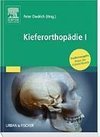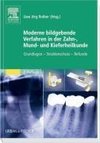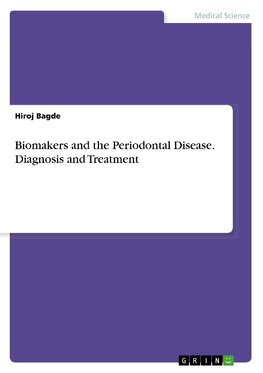
-
 Anglický jazyk
Anglický jazyk
Biomakers and the Periodontal Disease. Diagnosis and Treatment
Autor: Hiroj Bagde
Document from the year 2014 in the subject Medicine - Dentistry, grade: 1, , language: English, abstract: Periodontitis is a group of inflammatory diseases that affect the connective tissue attachment and supporting bone around the teeth. It is widely accepted... Viac o knihe
Na objednávku
44.37 €
bežná cena: 49.30 €
O knihe
Document from the year 2014 in the subject Medicine - Dentistry, grade: 1, , language: English, abstract: Periodontitis is a group of inflammatory diseases that affect the connective tissue attachment and supporting bone around the teeth. It is widely accepted that the initiation and the progression of periodontitis are dependent on the presence of virulent microorganisms capable of causing disease. Although the bacteria are initiating agents in periodontitis, the host response to the pathogenic infection is critical to disease progression. After its initiation, the disease progresses with the loss of collagen fibers and attachment to the cemental surface, apical migration of the junctional epithelium, formation of deepened periodontal pockets, and resorption of alveolar bone. If left untreated, the disease continues with progressive bone destruction, leading to tooth mobility and subsequent tooth loss. Periodontal disease afflicts over 50% of the adult population in the United States, with approximately 10% displaying severe disease concomitant with early tooth loss.
A goal of periodontal diagnostic procedure is to provide useful information to the clinician regarding the present periodontal disease type, location and severity. These findings serve as a basis for treatment planning and provide essential data during periodontal maintenance and disease monitoring phases of treatment. Traditional periodontal diagnostic parameters used clinically include probing depths, bleeding on probing, clinical attachment levels, plaque index, and radiographs assessing alveolar bone level. The strengths of these traditional tools are their ease of use, their cost-effectiveness, and that they are relatively noninvasive. Traditional diagnostic procedures are inherently limited, in that only disease history, not current disease status, can be assessed. Clinical attachment loss readings by the periodontal probe and radiographic evaluations of alveolar bone loss measure damage from past episodes of destruction and require a 2 to 3mm threshold change before a site can be identified as having experienced a significant anatomic event.
- Vydavateľstvo: GRIN Verlag
- Rok vydania: 2018
- Formát: Paperback
- Rozmer: 210 x 148 mm
- Jazyk: Anglický jazyk
- ISBN: 9783668780064
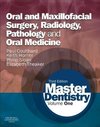
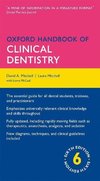


 Nemecký jazyk
Nemecký jazyk 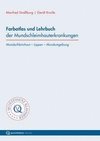
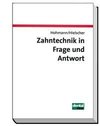
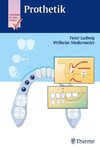
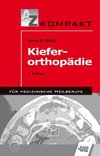
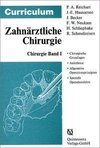

 Španielsky jazyk
Španielsky jazyk 